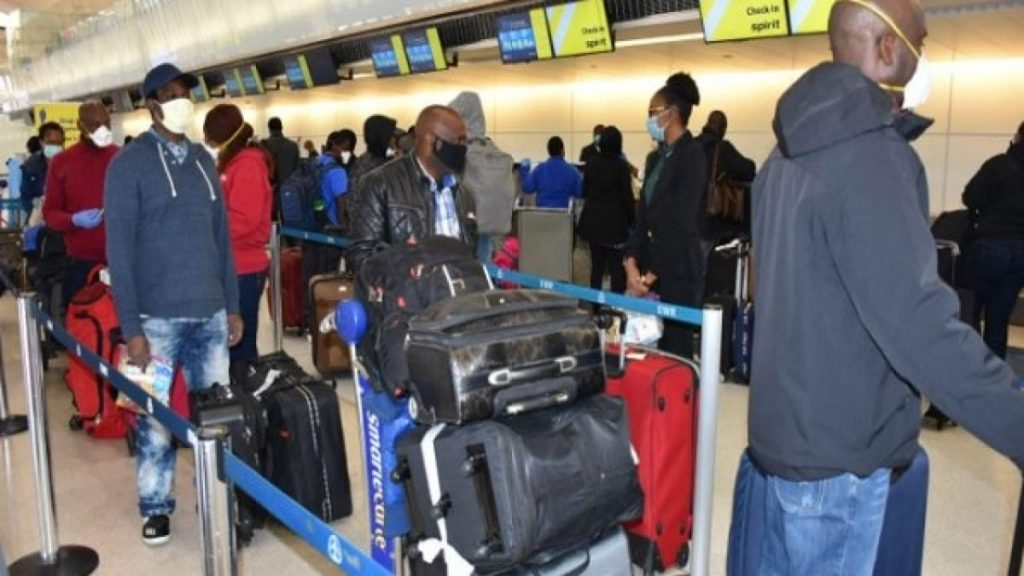
As Nigeria struggles with unemployment and economic instability, many young Nigerians are leaving the country in search of better opportunities. While some seek higher education, others take on difficult jobs that locals in their new countries often avoid. However, many face intense pressure, tough working conditions, and, in some tragic cases, untimely deaths. The Cost of Studying Abroad Many Nigerian students are studying overseas due to frequent academic disruptions at home, often caused by staff union strikes. Families go to great lengths to finance their children’s education, even selling properties or taking bank loans. Adijat Akanni (not her real name), a pharmacy graduate from Obafemi Awolowo University, shared her struggles after moving to Luton, England. Her father, a meat seller, used his only house as collateral for a bank loan to pay her tuition. Just a month after arriving in the UK, she started receiving pressure to repay the loan, despite not having stable accommodation or full tuition coverage.
Why Nigerians Are Leaving (Japa Trend) The term “Japa,” meaning “to escape,” has become so common that it is now included in the Oxford English Dictionary. Many Nigerians leave the country seeking a better education and improved living conditions. Data from the UK’s Higher Education Statistics Agency shows that between 2015 and 2022, over 128,777 Nigerian students enrolled in British universities. Canada is another popular destination, with over 71,459 Nigerians obtaining citizenship between 2005 and 2024. Similarly, the US admitted about 17,600 Nigerian students in 2024 alone. Economic Challenges at Home According to the National Bureau of Statistics, Nigeria’s unemployment rate slightly increased from 5.0% in Q3 2023 to 5.3% in Q1 2024. Women were affected the most, with a 6.2% unemployment rate compared to 4.3% for men. However, in Q2 2024, the unemployment rate decreased to 4.3%, while the labor force participation rate rose to 79.5% from 77.3% in Q1 2024.
The Tragic Cost of Migration For some, relocating has come at a devastating price. Several Nigerians abroad have tragically passed away while trying to secure a better life. On December 29, 2024, Ross, an international student in South Wales, UK, collapsed and died suddenly without prior illness. He was set to graduate in January 2025 and had recently brought his wife and three children to join him. His wife launched a GoFundMe campaign to raise £30,000 for his burial and to support their family. Another heartbreaking case occurred on October 7, 2024, when Chinonso Ezeonwumere, an MSc Management student at the University of Hertfordshire, collapsed and died while waiting for his work shift to begin.

A GoFundMe page was created to help his family return his body to Nigeria for burial. Similarly, on February 22, 2024, Chidimma Ezenyili, a 37-year-old Nigerian woman working as a caregiver in the UK, collapsed while on duty and passed away two days later. She had moved to the UK in 2023 with her husband, leaving behind her law career in Nigeria for a fresh start. Her family was left devastated, struggling to cover funeral costs.
The Harsh Reality While many Nigerians dream of a better life abroad, the journey is often tougher than expected. The high cost of living, pressure from family, and demanding work hours take a toll on many. These stories highlight the hidden struggles of migration, urging future travelers to prepare adequately before making life-changing decisions. As more Nigerians leave in search of greener pastures, it’s essential to address the root causes of migration—economic instability, unemployment, and poor governance—so that staying in Nigeria becomes a viable and fulfilling option for the youth.






